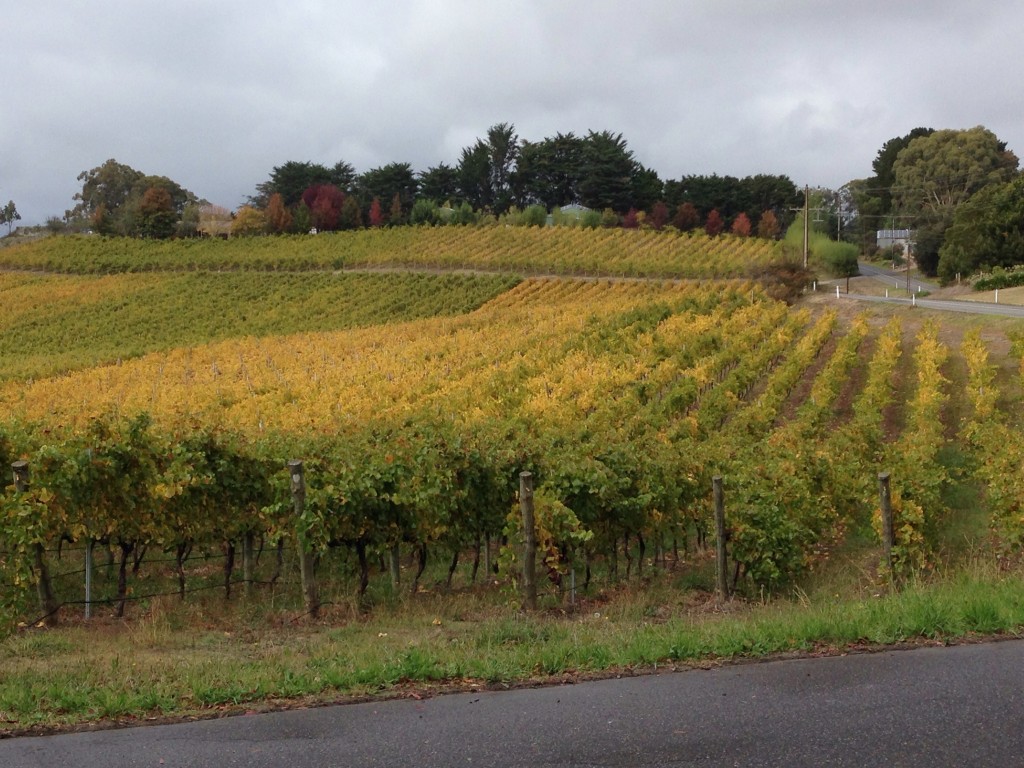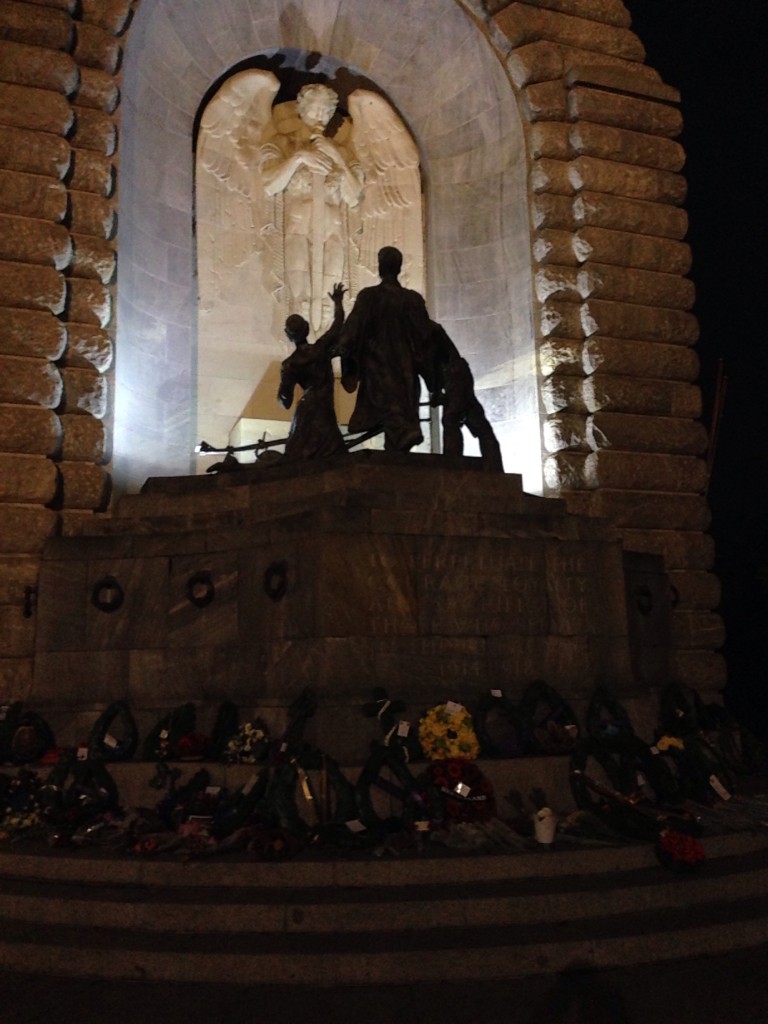There were two reasons that I bought Tom Doyle’s book Man on the Run, Paul McCartney in the 1970s. The first my love of The Beatles and the second my interest in exploring “What’s Next”.
Given my age, my love of The Beatles started about the time of their breakup. My first record was Abbey Road. I have all of their albums and listen to them along with a large slice of their post Beatle individual contributions on a regular basis.
In and earlier post I have mentioned that I have been to The Dakota Building and Straberry Fields in Central Park. All part of paying homage to the greatest band of all time. That said, when it comes to The Beatles individually my favourite has always been Paul and particularly his time with Wings. I was lucky enough to see them in 1975 on their Australian tour.
So about the book as after all this is a review!
Through access to those individuals who were around Paul including the other Beatles across the 70s, Doyle tells a story that he rightly points out has had little exposure beyond the public slanging match between Lennon and McCartney and Paul’s well publicized drug busts. The book addresses these openly but not in a sensional manner and perhaps even more importantly in context.
In a sentence, the book starts with the end of the Beatles and tragically ends at the time of the death of John Lennon.
I find the context particularly interesting given my interest in “What’s Next”. Early on we get a pretty raw account of the difficulty Paul McCartney faced; moving from being at the top as a member of the greatest band of all time and then seeing it all end well before he was 30. It is no wonder he and his new wife fled to Scotland to hide!
Doyle recounts Paul’s early post Beatles solo career. The formation of Wings and Linda’s role in the band which was always controversial. Denny Laine, one of Doyle’s major sources apart from McCartney himself, provides great insight as to Linda’s importance in keeping Paul out of his personal post Beatles malaise. It is an important reminder of the central role Linda played in Paul’s life. Infact perhaps she was the true hero in the 1970s Paul McCartney story, rather than the villain she is so often portrayed. There are also insights into his family life which seemed to cycle from idyllic farm life to the choatic life of a rock band. This perhaps is also a sign of the challenges being faced by someone who has been to the top and is then faced with a void to be filled. One minute living the quiet family life away from it all and the next craving the bright lights and publicity. All provide insights as to how Paul dealt with his early post Beatles days.
The Wings tour of Australia gets a mention with special attention given to the Norman Gunston interview which in my opinion it is one of the most hilarious interviews of all time. In truth, it is this period of Paul McCartney’s post Beatle life that I am most familiar. This is perhaps not surprisingly given as Doyle notes, the enormous success that the Wings US tour followed by the painstakingly MCartney mastered triple live album and video Rockshow.
References to the relationship between Paul and John play an important but not pivotal role in the book. McCartney and Lennon’s post Beatle interactions were bitter sweet . On occasions they and their wives enjoyed each others company and then on others the relationship was decidedly frosty. Again perhaps this is how it is after people move on from an intense relationship – a reminder that it can never truly be the same.
I can’t deny that I didn’t find the references to Paul and John’s relationship the most interesting aspect of the book. However it was also interesting to reflect on, how in the post Beatles phase Paul could ever have thought his fellow Wings members ever be his equal, why did Paul want an amateur (Linda) in a world touring successful rock band and why did he record Mary had a little Lamb? Doyle gives us insights into each and much more.
It’s well worth a read.
Other posts on The Beatles and Paul McCartney :
The only thing you did was Yesterday
The Beatles Boxed Set
Memories of a Great Concert


